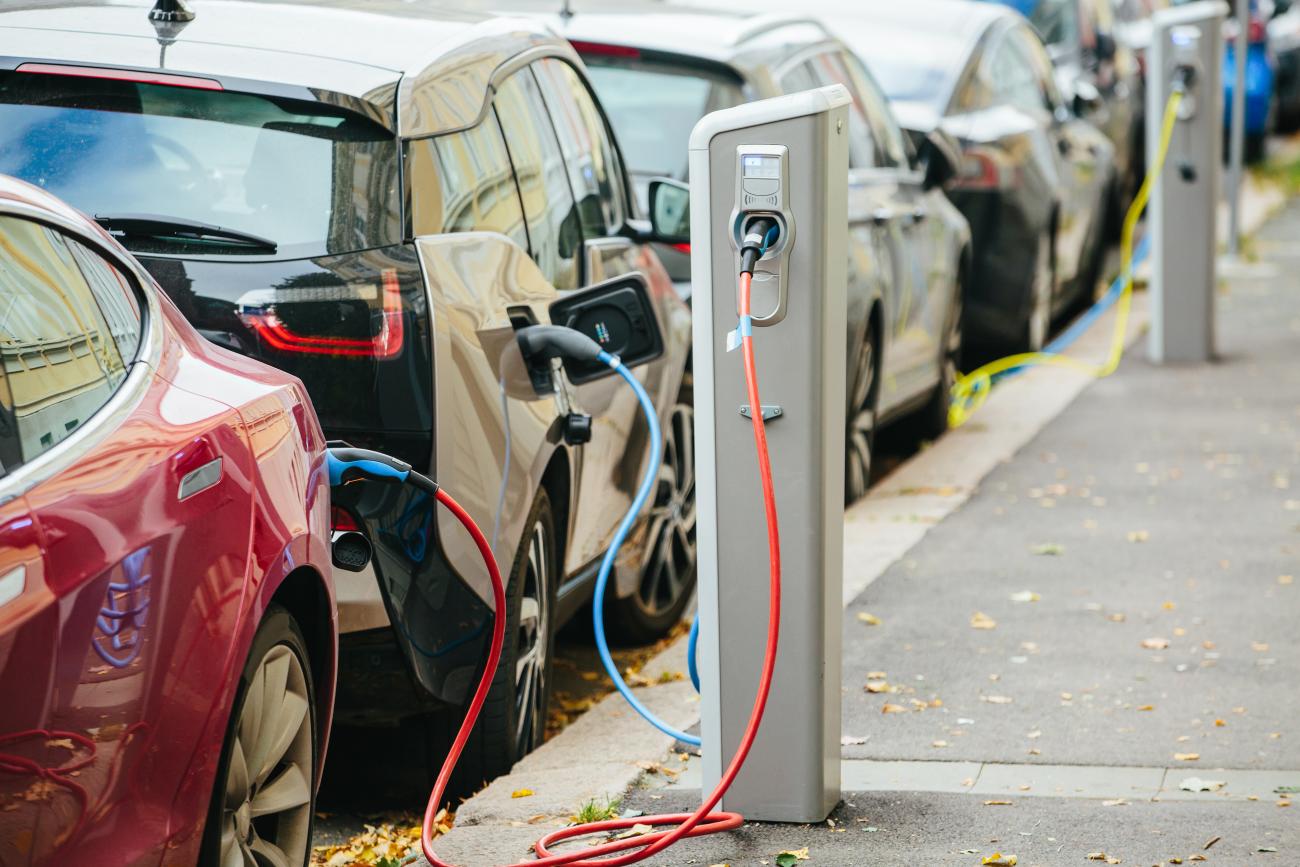Greta Thunberg’s ‘The Climate Book’ featuring Christian Brand, Professor of Transport, Energy and Climate Change at the Environmental Change Institute and the Transport Studies Unit at the University of Oxford, is hoping to attract a new audience of readers as it comes out in paperback.
But one year after the book was first released, contributing author Prof Christian Brand says we’re still not on track. He said:
On transport, we are still heading in the wrong direction. No example better demonstrates this than the fact that the world is producing and buying ever larger and heavier cars, including electric ones, a trend that has been called ‘mobesity’, car bloat and auto-obesity.

There are effective solutions to this, but only a handful of nations and cities such as Paris are making an effort to reverse the trend by introducing higher parking charges or banning ads for mobese vehicles.
But overall, we are not winning in the slightest – a lot needs to be done and there is no silver bullet. We urgently require both system and individual change.”
To date the book has appeared on multiple bestseller lists and featured in Book of the Year listings in The Times, Financial Times and Observer.
In his chapter ‘Is the future electric?’ (Chapter 4.17) Dr Brand provides ideas and evidence of what we can and should do, at the system level and individually. He covers a range of topics such as 15-minute neighbourhoods, banning large SUVs in cities, active travel, car restraint, ‘slow steaming’ and frequent flying. In the book Dr Brand says:
Globally, total transport activity is expected to more than double by 2050 compared to 2015. This huge rise in the use and ownership of cars, as well as the movements of heavy good vehicles, aviation and shipping, will more than offset any reductions in emissions from technological change, particularly in the next two, critical decades.
It is now widely agreed that there is no way we can meet the decarbonization targets of the Paris Agreement by 2050 without focusing on the amount of movement of people and goods.”
He adds that Transport systems are inherently unequal and states just 11 percent of the population in England accounts for nearly 44 percent of total car mileage.
Globally, 50 per cent of aviation emissions in 2018 were caused by 1 per cent of the world’s population. Dr Brand says many benefits arise from cutting traffic:
It’s good for heath, safety and air quality; enables more efficient and equitable use of resources; improves social and economic vitality; and makes for better neighbourhoods.”

